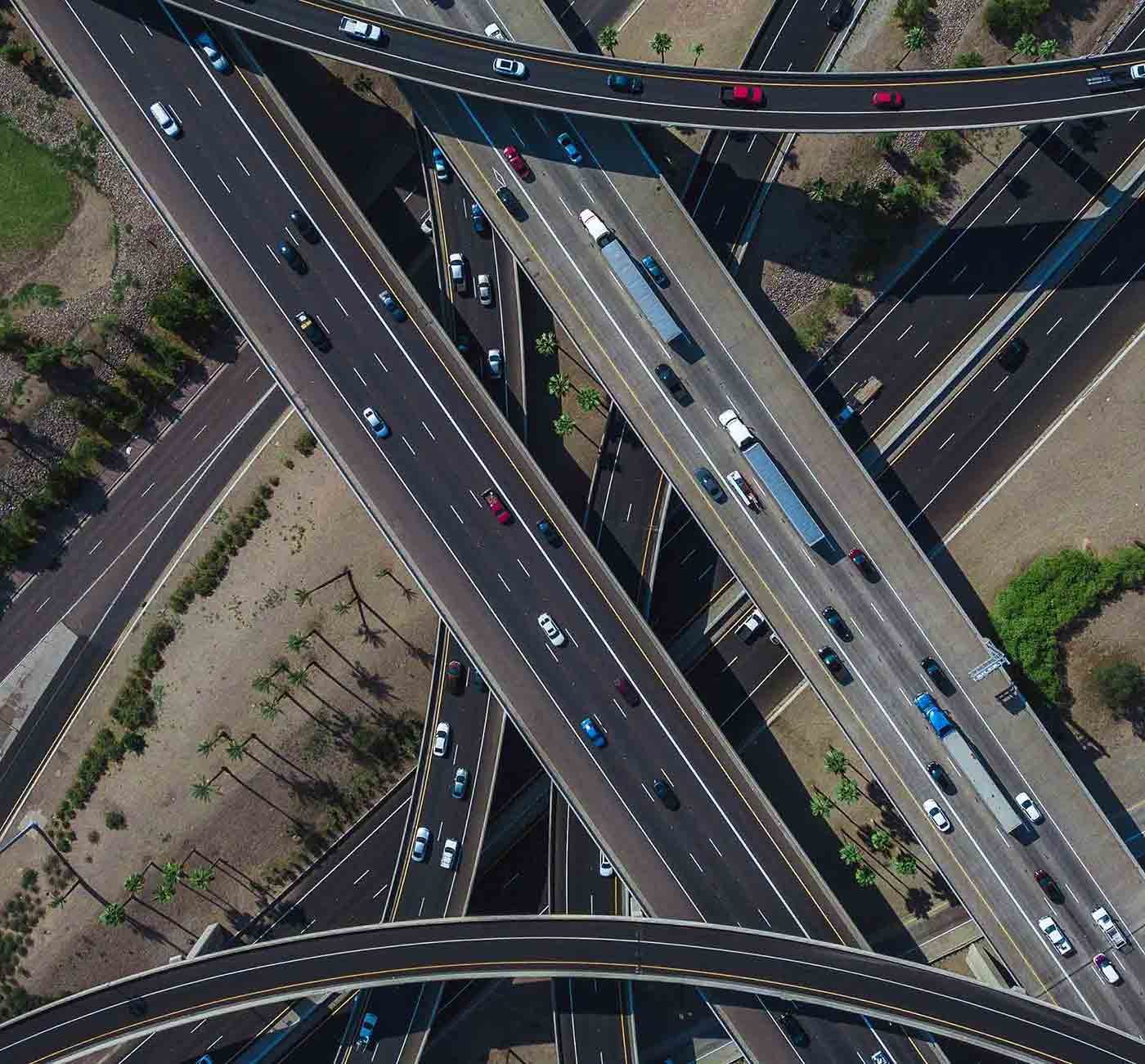Ecobiz.asia – The Japanese government has called for standardized approaches to blue carbon initiatives across Southeast Asia, aiming to enhance the credibility and marketability of carbon credits in global markets.
The message was delivered by Japan’s Ambassador to ASEAN, Kiya Masahiko, during the official launch of the ASEAN Blue Carbon and Finance Profiling (ABCF) project in Jakarta on Wednesday (May 21,2025).

Masahiko emphasized the importance of adopting internationally recognized certification systems, such as Verra and the Gold Standard, to ensure ASEAN countries can issue blue carbon credits that meet global expectations.
Read also: ASEAN, Japan, and UNDP Unite to Advance Blue Carbon Strategy in Southeast Asia
“Carbon standards vary globally. This is why this project is so important—to explore how we can measure and manage blue carbon across different ASEAN contexts,” he said.
The ambassador also pointed to initiatives led by several ASEAN countries, including Indonesia, to push for mutual recognition agreements that would enable cross-border trading of carbon credits.
Accurate data on blue carbon stocks, he added, would help ASEAN countries better understand the economic and ecological potential of their coastal ecosystems.
“If this project receives recognition from Verra and the Gold Standard, it could be replicated and scaled up across the region. This would unlock access to finance, open carbon markets, and contribute to emissions reductions,” Masahiko said.
The ABCF project is a joint initiative by ASEAN, the Government of Japan, and the United Nations Development Programme (UNDP), involving technical input from over 20 experts and more than 50 academic and research institutions across the region.
The project focuses on mapping and assessing blue carbon stocks in coastal ecosystems such as seagrass beds and peatlands, using scientific methods and satellite-based technologies.
Read also: Indonesia opens door for voluntary carbon market standards
While acknowledging the diversity of national approaches to carbon markets, Masahiko said these differences should be seen as opportunities rather than obstacles. “These consultations will help us determine what already exists, what is lacking, and what needs to be aligned at the regional level,” he noted.
The project also seeks to strengthen blue carbon policy frameworks among ASEAN member states and Timor-Leste, and to mobilize climate finance for coastal conservation and restoration initiatives. ***

